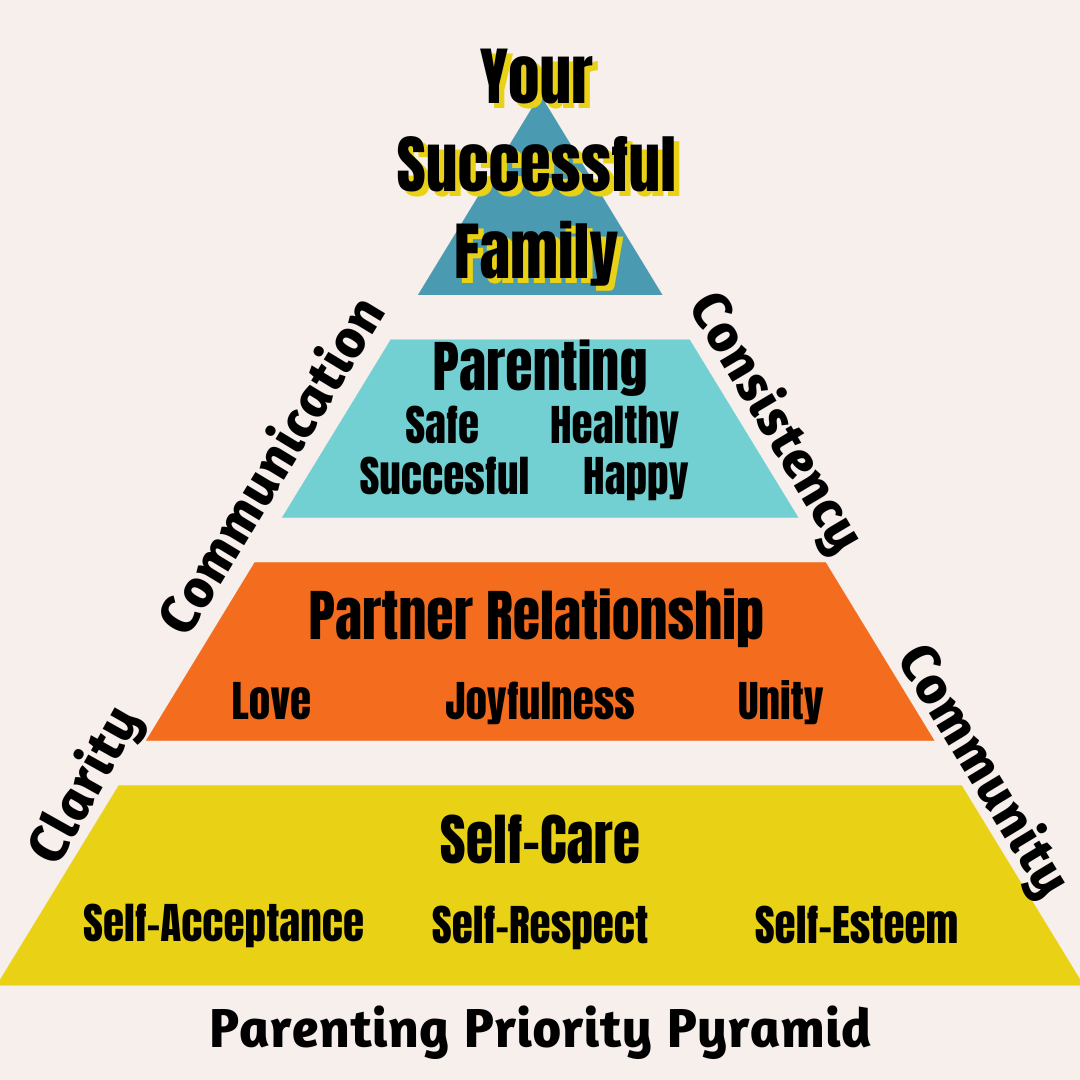
A Lesson in Love: The Power of Quiet Strength
Sarah and James had been married for 12 years. With three kids under ten, their days were filled with homework, snack spills, and bedtime negotiations worthy of a UN peace treaty. Their love was real, but their marriage often took a backseat to the chaos of parenting.
One evening, after a particularly long day, Sarah flopped onto the couch, exhausted. “I feel like I do everything,” she muttered, half expecting James to counter with his own list of daily sacrifices.
But he didn’t. Instead, James simply reached for her hand.
“You do a lot,” he said, squeezing it gently. “And I see you. I appreciate you.”
That small moment—his quiet acknowledgment, his modesty in not rushing to prove his own efforts—shifted something in Sarah. It wasn’t about keeping score. It was about being seen, heard, and valued.
Later that week, their eight-year-old daughter, Lily, came home from school with a question.
“Mom, Dad… do you guys ever fight?”
Sarah and James exchanged glances. “Why do you ask?” James said.
Lily shrugged. “My friend’s parents argue a lot. She says they both try to prove they’re right. But you guys… you just seem to be on the same team.”
Sarah smiled. “We don’t always agree. But we try to listen to each other. Love isn’t about proving who’s right—it’s about making space for each other.”
Lily thought for a moment and nodded. “That makes sense. I want a marriage like that one day.”
That night, after the kids were asleep, Sarah leaned her head on James’s shoulder. “I think we’re teaching them something bigger than we realized.”
He kissed her forehead. “Yeah. And we’re still learning, too.”
The Takeaway: Modesty Shapes the Next Generation
Children don’t learn about healthy relationships from grand gestures—they learn from the small, unseen moments of grace between their parents.
By practicing modesty in marriage—choosing love over ego, listening instead of proving, and making space for each other’s strengths—we teach our children what love truly looks like.
So, this week, ask yourself:
👉 What quiet act of love can I offer my spouse without expecting recognition?
Your children are watching. And in those moments, they’re learning what love is made of.
Joe is a husband, father, grandfather, author, speaker, educator, course creator, and parent/family coach.
He helps parents develop unity, find clarity, communicate, and develop consistency in their parenting with the Four C’s of Successful Families. You can find his work on social media.
In addition, the Four C’s newsletter is enjoyed by many as it encourages parents to self-care, build their relationships with their partners, and raise their children.
And he loves to golf!











